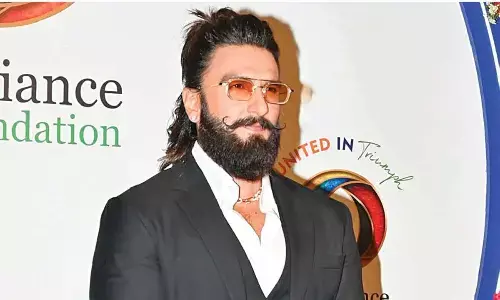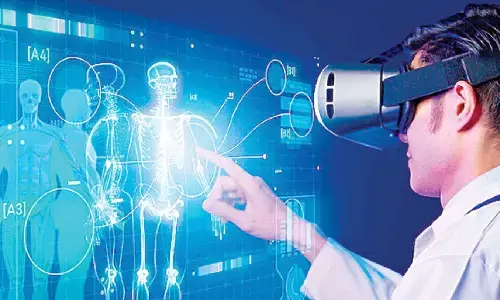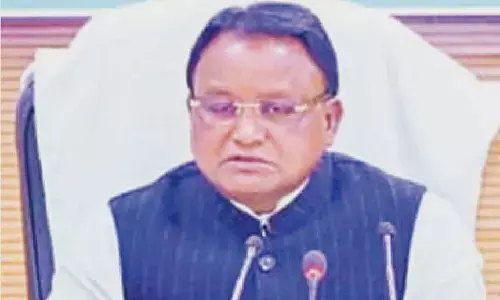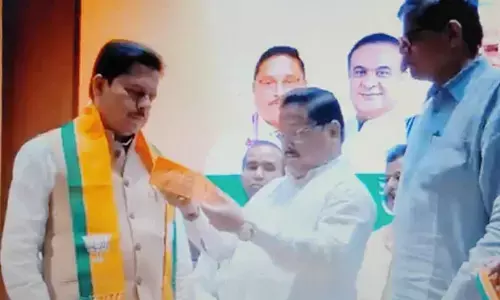Child-related SDGs come into focus
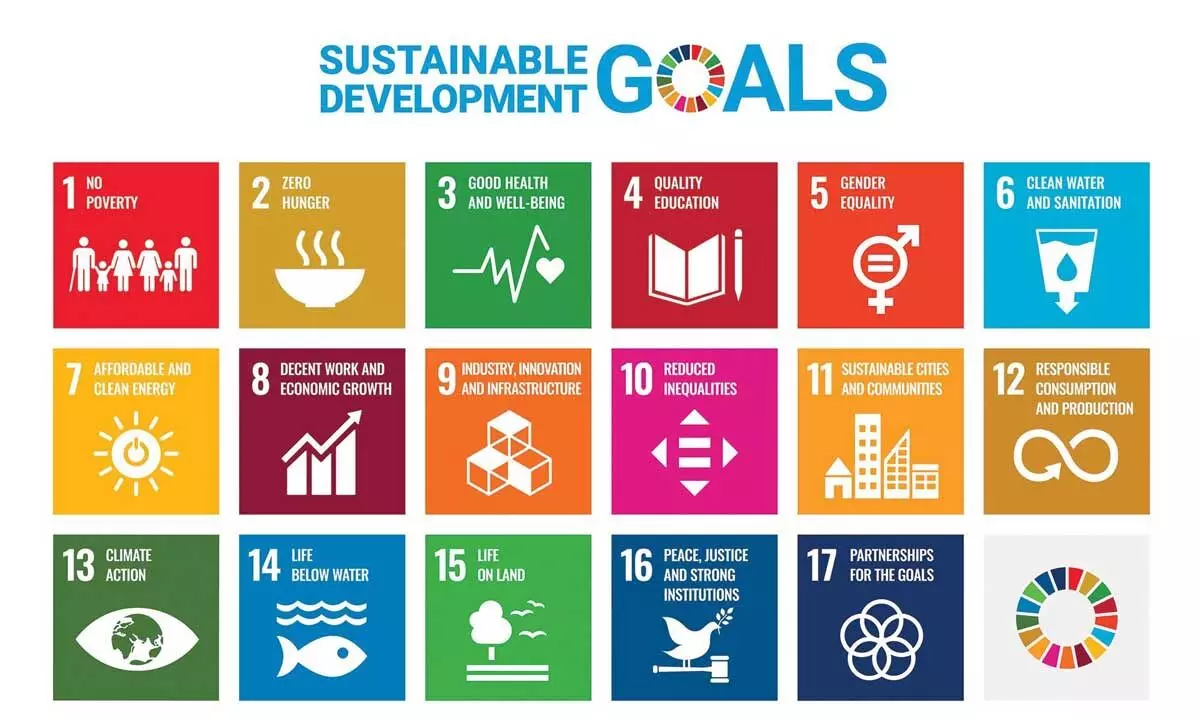
Sustainable Development Goals
NITI Aayog and UNICEF India signed a Statement of Intent (SoI) on the Sustainable Development Goals (SDGs) with a focus on children two days ago.
NITI Aayog and UNICEF India signed a Statement of Intent (SoI) on the Sustainable Development Goals (SDGs) with a focus on children two days ago. Reiterating a mutual commitment towards realising the rights of children in India, the SoI seeks to formalise a framework of cooperation to launch the first report on the 'State of India's Children: Status and Trends in Multidimensional Child Development.'
To achieve the child development priorities under the SDGs, UNICEF India and NITI Aayog are developing a comprehensive measure to understand the multidimensional attainments and deprivations among children across health and nutrition, education, water and sanitation, household living standards; and protective environment, with the aim of analysing the status of children around critical child-related SDGs to establish recent trends. This effort will contribute to the realisation of India's commitments on the 2030 Agenda and provide a set of policy recommendations for concerted action in terms of accelerating progress towards the SDGs to 'leave no child behind' and achieving their holistic development.
This child-focused SDG initiative builds on the effort of monitoring progress through the SDG India Index and Dashboard, which continues to be a unique data-driven initiative for triggering policy action. Addressing the impact of the pandemic on children is vital to recovery efforts to achieve the Sustainable Development Agenda. Comprehensive measurement of the status of children will pave the way for multi-sectoral policies and programmes across health and nutrition, education, safe water and sanitation, child protection, social protection and climate action to reach the most vulnerable children. This mutual cooperation is a pioneering step. It is a demonstration of India's strong commitment to achieve the SDGs, by focusing on child-related SDGs.
One in every third person in India is a child below the age of 18, while one in every fifth person is an adolescent between the ages of 10 to 19. Through this process, we can look forward to engaging with various stakeholders, particularly children, adolescents and young people. The collaboration between NITI Aayog and UNICEF India will draw up the methods, technical analysis, reporting, and action planning for the first report on the 'Status of India's Children,' with a focus on the multidimensional aspects of child development like health, education, nutrition, protection, and other relevant areas.
This project will undertake a whole-of-society approach involving all stakeholders ranging from Union Ministries, State Governments, Civil Society Organizations, and child rights collectives. The Sustainable Development Goals (SDGs), also known as the Global Goals, were adopted by the United Nations in 2015 as a universal call to action to end poverty, protect the planet, and ensure that by 2030 all people enjoy peace and prosperity. The 17 SDGs are integrated—they recognize that action in one area will affect outcomes in others, and that development must balance social, economic and environmental sustainability.
Countries have committed to prioritise progress for those who're furthest behind. The SDGs are designed to end poverty, hunger, AIDS, and discrimination against women and girls. The creativity, knowhow, technology and financial resources from all of society are necessary to achieve the SDGs in every context.



